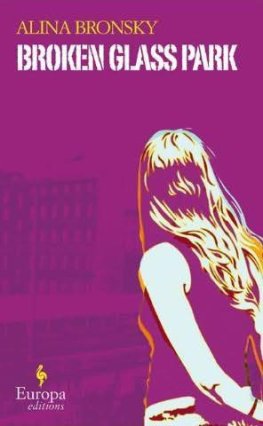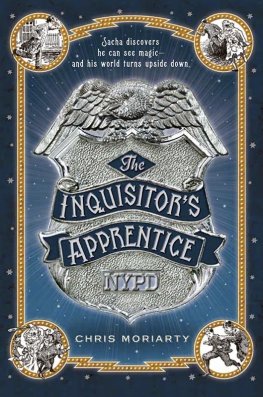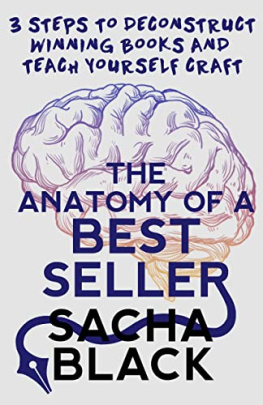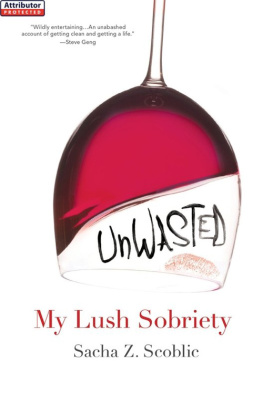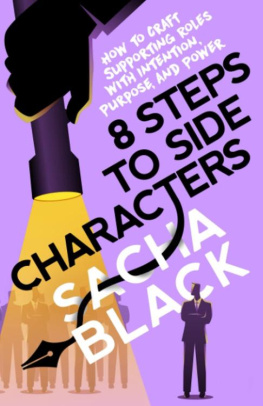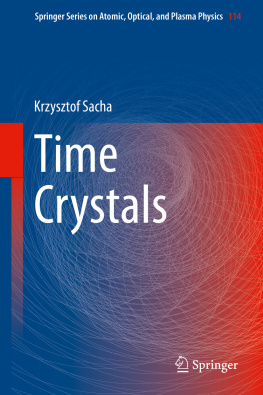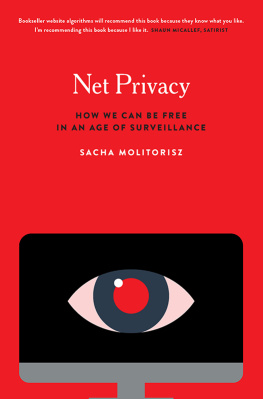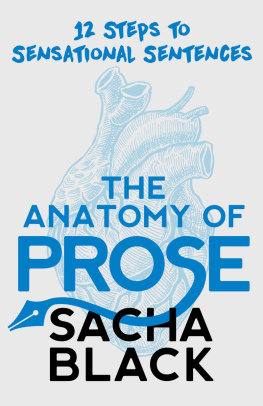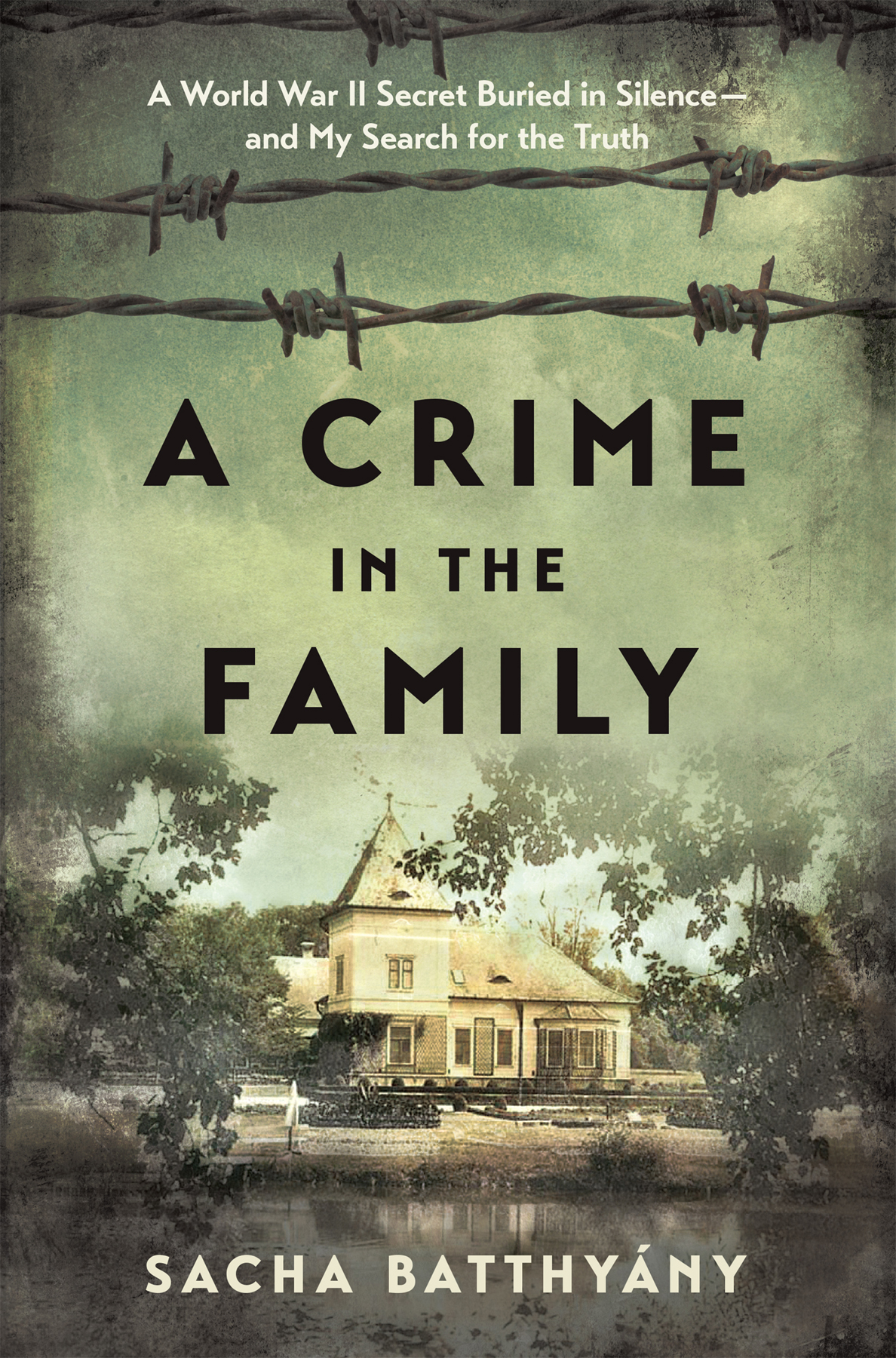Copyright 2016 by Verlag Kiepenheuer & Witsch GmbH & Co. KG, Cologne, Germany
The diaries of Maritta Batthyany and Agnes Kupferminc have been translated by the author into German from Hungarian and Spanish respectively, and edited for publication: Anthea Bell has translated them from Sacha Batthyanys German into English.
The translation of this work was supported by a grant from the Goethe-Institut London.
Hachette Book Group supports the right to free expression and the value of copyright. The purpose of copyright is to encourage writers and artists to produce the creative works that enrich our culture.
The scanning, uploading, and distribution of this book without permission is a theft of the authors intellectual property. If you would like permission to use material from the book (other than for review purposes), please contact permissions@hbgusa.com. Thank you for your support of the authors rights.
Published by Da Capo Press, an imprint of Perseus Books, LLC, a subsidiary of Hachette Book Group, Inc.
The Hachette Speakers Bureau provides a wide range of authors for speaking events. To find out more, go to www.hachettespeakersbureau.com or call (866) 376-6591.
The publisher is not responsible for websites (or their content) that are not owned by the publisher.
Library of Congress Cataloging-in-Publication Data has been applied for.
A gnes came out of her bedroom. She had put on make-up, done her hair and prettified herself for me. Her daughters, standing beside her, were pleased to see their mother like that.
Its your visitor from Europe, they told her. The grandson.
Who? she asked, in slightly too loud a voice.
You know, the grandson. But Agnes didnt know; I could see that from her face.
We greeted one another, and sat down at her circular living-room table somewhere in Buenos Aires. I knew Agnes from my grandmothers diary, the journal that I had with me in my bag. They had grown up together in a tiny village in the west of Hungary, seeing each other every day as children, although their lives were very different. Agness parents kept a delicatessen shop, my grandmothers parents owned a small castle. There was a courtyard with a gravel surface and a chestnut tree growing in the middle of it. We lived a quiet life in the country, my grandmother wrote about her childhood, a life determined by the seasons of the year. Until the war.
Until a day in the spring of 1944 when the well-ordered routine of centuries disappeared from that village, and with it a whole world. First came the Germans, then the Russians. The castle burned down, my grandmothers family lost all their land, their status, their place in society.
And Agnes was sent to Auschwitz.
I was just passing through, that was how her family had prepared Agnes for my visit, telling her that I had found information concerning her in a diary. About your parents, they said, about a time seventy years ago. And now, they told her, I was here to read her a few extracts from it.
How wonderful, she said.
Sitting beside Agnes, I could see the number tattooed on her arm by a guard in Auschwitz. It was disappearing into the folds of her wrinkled skin now, leaving the figures barely legible. 802 6? Or was that an 8?
Apple or curd cheese? I was asked.
What?
Agnes was eighteen when she was deported to the concentration camp; today she is over ninety. Her walking frame stood within reach, beside her chair. I saw photographs on a small shelf: her late husband, the weddings of her daughters, a whole life.
Apple, please, I said, holding out my plate. And when we had all eaten our slices of strudel, I began reading aloud: about the train from Budapest, how you could see it coming a long way off because of the cloud of sooty smoke it puffed outhere Agnes nodded; about the cranes on the way into the village; the cherries preserved in syrup that stood beside the cash desk in her parents shop; about her father Herr Mandl, who had such red cheeks.
Oh yes, so he did, she interrupted me cheerfully, and we all rejoiced with her, although none of us felt like it. Because we knew the truth.
A day later, in the Departures lounge at the airport, I asked myself: have we done the right thing? Apart from a man with a cleaning trolley, going from one end of the terminal to the other and leaving alternate darker and lighter stripes on the carpet flooring, there was no one else around, not a human soul in sight.
Im only the messenger, I had persuaded myself before flying out. I have something that belongs to Agnes, that was why I had come, but now I wasnt so sure. Was I really only a courier?
Seven years had passed since I first set out to track down my familys wartime secrets. I had been to Hungary several times, and to Austria; I had flown to Russia, and now to Buenos Aires. But above all, I was now the father of three children, which made everything more complicated: I had learnt to change nappies and blend baby food, and I had found out about my roots; I spent days in a little place called Rechnitz to discover more about a massacre of 180 Jews, I trudged through Siberian snow in search of the remains of a labour camp, and finally I ended up in South America. I discussed all this every week with my psychoanalyst in Zrich. While other people were lunching on pizza, we talked about Stalin, the Holocaust and mass graves. Only recently I had asked him, Do you think Im genuinely sick? To which he replied, How would I know?
It felt like living in a time machine that merged yesterday with today. I travelled from the past to the present, looking down at myself from above as I moved around my biographical axis. Seven years. Thats about the life expectancy of European moles. I read a good deal about those animals in my grandmothers diary, because she was always comparing herself with them.
So I sat in the Departures lounge looking out, I saw runways black with rubber, and beyond them dingy fields, the great expanses of Argentina.
Agness daughters had given me a slim volume by their mother when we said goodbye, her memoir of the war years, and it was now in my bag with my grandmothers diary. The life stories of two dissimilar women, intermingling and foreshadowing the present. I was leafing through them. All we need now is my own story, I thought, taking my notebook out of my jacket, smoothing a new page, and writing the date in the top left-hand corner: October 2013.
What am I going to write, I wondered, a letter? Who toto myself? How do you begin a letter like that?
Then my flight was called.
I t all began one Thursday in April, about seven years before my visit to Buenos Aires. At the time I was working for the Sunday edition of the Neue Zrcher Zeitung. It was early in the morning, when there was hardly anyone in the office, and all was calm. I was writing a column about a sperm donor from the Netherlands when a rather older woman colleague, who seldom had much to say to me, put a page of newsprint down on my desk and said, Thats quite some family you have, dont you?


